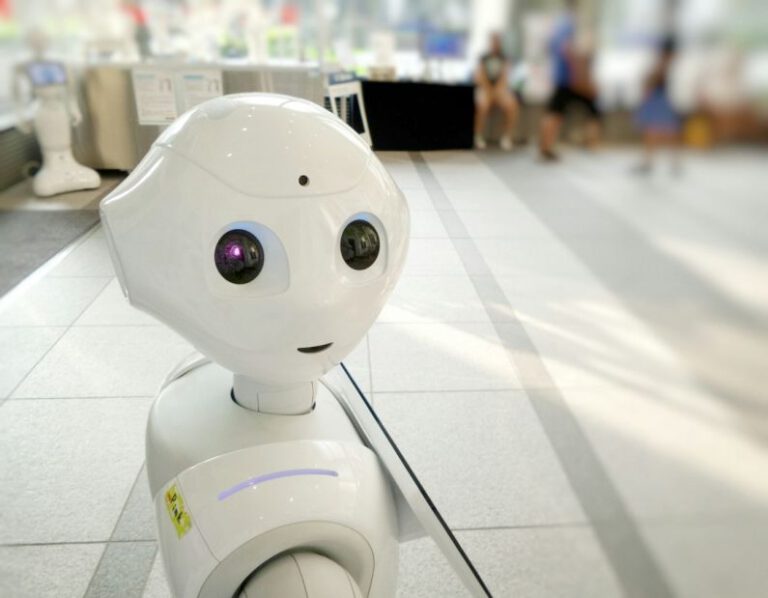Ai Therapy Bots: the Future of Mental Health
In recent years, the intersection of artificial intelligence (AI) and mental health care has paved the way for innovative solutions to support individuals in managing their mental well-being. One of the most promising advancements in this field is the development of AI therapy bots. These bots offer a new approach to delivering mental health support and interventions, raising the question: Are AI therapy bots the future of mental health care?
The Rise of AI Therapy Bots
AI therapy bots are computer programs designed to interact with users in a way that mimics human conversation. These bots leverage natural language processing and machine learning algorithms to understand and respond to users’ messages, offering support, guidance, and resources to help manage their mental health.
One of the key advantages of AI therapy bots is their accessibility. Unlike traditional therapy, which often involves long wait times and high costs, AI therapy bots are available 24/7 and can reach a wide audience regardless of location or financial means. This accessibility can be particularly beneficial for individuals who may not have access to mental health services or prefer the privacy and convenience of seeking support online.
Personalized Support and Intervention
AI therapy bots have the potential to provide personalized support and intervention based on users’ unique needs and preferences. By analyzing user data and interactions, these bots can tailor their responses and recommendations to address specific mental health concerns, such as anxiety, depression, or stress. This personalized approach can help individuals feel understood and supported in a way that is not always possible with traditional therapy.
Moreover, AI therapy bots can offer a range of therapeutic techniques and resources to help users manage their mental health. From cognitive-behavioral therapy exercises to mindfulness practices, these bots can guide users through evidence-based interventions to build coping skills, improve self-awareness, and promote emotional well-being. By providing these resources in real-time, AI therapy bots empower individuals to take an active role in their mental health care.
Challenges and Ethical Considerations
While AI therapy bots hold great promise for the future of mental health care, they also raise important challenges and ethical considerations. One of the primary concerns is the potential for bots to misinterpret or misguide users in sensitive or crisis situations. As AI technology continues to evolve, ensuring the accuracy and reliability of these bots’ responses will be critical to maintaining user trust and safety.
Additionally, there is a risk of AI therapy bots replacing human therapists and diminishing the importance of human connection in mental health care. While bots can offer valuable support and resources, they are not a substitute for the empathy, understanding, and expertise that human therapists provide. It will be essential for mental health professionals to work alongside AI therapy bots to ensure that users receive comprehensive and holistic care.
Looking Ahead: The Future of Mental Health Care
As AI therapy bots continue to evolve and integrate into mental health care systems, the future of mental health care holds great potential for innovation and advancement. By combining the benefits of AI technology with the expertise of human therapists, we can create a more accessible, personalized, and effective approach to supporting individuals’ mental well-being.
Ultimately, the success of AI therapy bots in revolutionizing mental health care will depend on our ability to address challenges, uphold ethical standards, and prioritize the well-being of users. By harnessing the power of AI technology responsibly and collaboratively, we can shape a future where mental health support is more accessible, inclusive, and effective than ever before.






